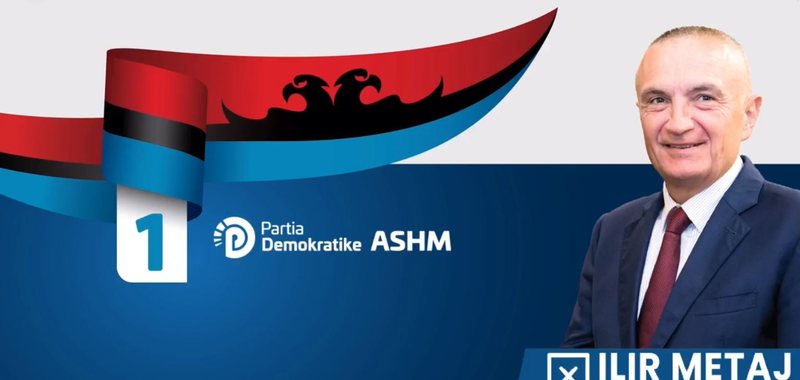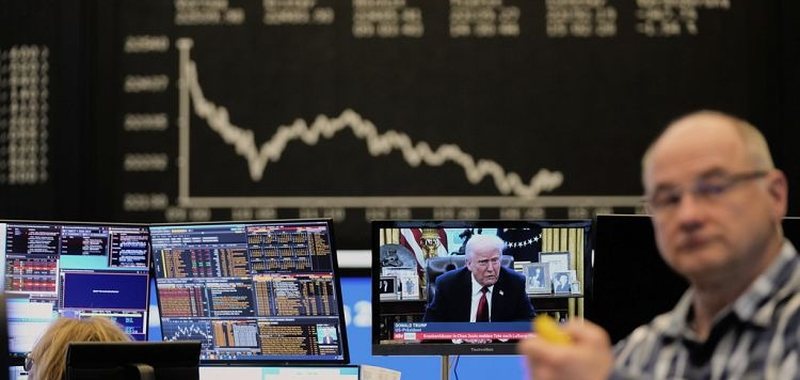Germany, in search of recovery - Merz's economic plan to stop the recession and the effect of tariffs

US President Donald Trump's moves to impose steep tariffs on more than 161 billion euros of annual German exports to America could hardly have come at a worse time for Europe's largest economy. The move comes as Berlin faces a third straight year of recession.
It is not surprising that the new coalition agreement for the next administration of Chancellor-designate Friedrich Merz focused heavily on a full economic recovery.
Merz has already sent a clear message to the continent that Berlin is ready to abandon its fiscal conservatism, ease the notorious debt curbs and inject hundreds of billions of euros into infrastructure and defense.
The coalition agreement between Merz’s center-right Christian Democrats and the center-left Social Democrats reads like an economic war plan: tax cuts, energy price cuts and a swift onslaught of public-private investment funds. At its core is the promise, or the risk, that Germany can regain its competitive edge as difficult global tensions intensify.
"First and foremost, we will strengthen the price competitiveness of the German economy," Merz declared in Berlin.
After a dismal year that saw Germany's economic output shrink by 0.2 percent, even modest growth forecasts for 2025 look fragile, especially given Trump's global barrage of tariffs.
Merz is framing the coalition agreement as a pro-growth manifesto. A "German Fund" will be created with 10 billion euros of public money, while an ambitious proposal for private investors aims to increase this to 100 billion euros to support new businesses and expand enterprises. The government is also promising a corporate tax cut to encourage investment.
"The next coalition will reform and invest to make Germany economically stronger. And Europe can also rely on Germany," Merz said.
The parties promise to reduce electricity taxes, network tariffs, remove a tax on gas prices and introduce an industrial electricity tariff, all in the name of reviving industrial production. Voluntary overtime will be exempt from taxes.
The coalition agreement also declares the steel industry as "of key strategic importance" and supports carbon capture and storage technology, while promising tax breaks for electric vehicles.
While headlines herald reform, many of the key measures come with delays or caveats. A gradual cut in corporate taxes, for example, from 15 percent to 10 percent, will not begin until 2028.
The pact between the parties carries the existential caveat that “all measures in the coalition agreement are subject to funding.” And here lies the problem: That funding is far from guaranteed.

"A manufacturing and exporting Albania" - Leader of the Freedom Party, Ilir Metaj: Durrës will be the first and main beneficiary
The Freedom Party has introduced its candidate for MP in the Durrës Region, Adriatik Hoxha. In an audio message, the President of this party, Ilir Metaj,......

WhatsApp accounts are being stolen - Sensitive information of citizens is being obtained through fraudulent messages
For several days, messages with links have been circulating on WhatsApp that direct citizens to websites from which their account data on this application is......

Television piracy, 20 servers closed AMA report for 2024: Measures also for social platforms
In its 2024 report, the Audiovisual Media Authority (AMA), among other things, emphasizes that the vast majority of complaints about the violation of......

2200 companies pass through customs without control - The number on the "Green" list increases, the time for processing declarations decreases
The number of companies included in the "Green" list of customs has increased to 2,200 companies during 2024. In the context of facilitating legitimate......

Romania, a leader in Europe - Becomes the largest natural gas producer in the EU
Romania has overtaken the Netherlands to become the largest natural gas producer in the European Union, according to Romanian Energy Minister Sebastian......

Trump authorizes a 90-day tariff pause for most countries except China!
US President Donald Trump has said he has authorized a 90-day pause in trade tariffs for most countries, but has left China out of the new deal. In a post......

State or private, where do employees pay more? - 400 million euros were "collected" as payroll tax in 2024
Around 400 million euros have been paid by all employees in Albania as tax on the salary they receive to the state budget throughout 2024. Official data......

Renewables, global record in 2024 - Reached 32% of total energy. Coal remains the main source
Renewable energy generation provided a record 32% of global electricity last year, according to a report by the Ember organization. Overall energy demand......


















